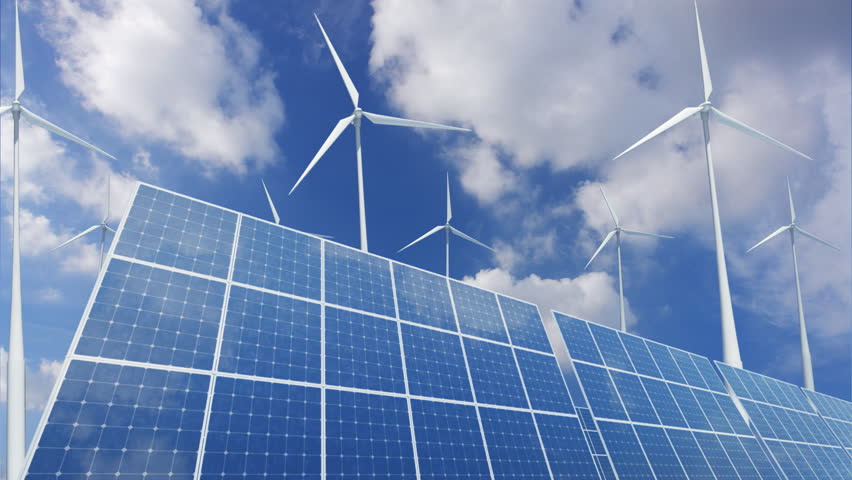Many Nigerians have grown skeptical about the power of solar. The general impression is that solar energy cannot provide a lot of power, that ‘it’s not bright’ and that it breaks down after just a few months. One solar engineer in the capital city of Abuja has gone all the way to demonstrate that this impression is wrong: He has built a block of apartments which are run entirely on renewable energy.
Within the newly developed Guzape District in the heart of Abuja lays a unique 10-apartment block building. None of the apartments is connected to the electricity grid, although the grid has reached Guzape District. The building is running on a hybrid system of solar and wind energy, providing enough electricity for the residential apartments, including air conditioning. For Sulaiman Yusuf, the renewable energy entrepreneur behind the construction, the buildings are proof that Nigeria’s energy future has a large off-grid component. In this video Mr Yusuf explains the technical and financial set-up of the buildings.
 Chibueze Ebii is a development communication expert, a film maker and a digital visual artist. He works for the Heinrich Boell foundation as a communications manager.
Chibueze Ebii is a development communication expert, a film maker and a digital visual artist. He works for the Heinrich Boell foundation as a communications manager.




